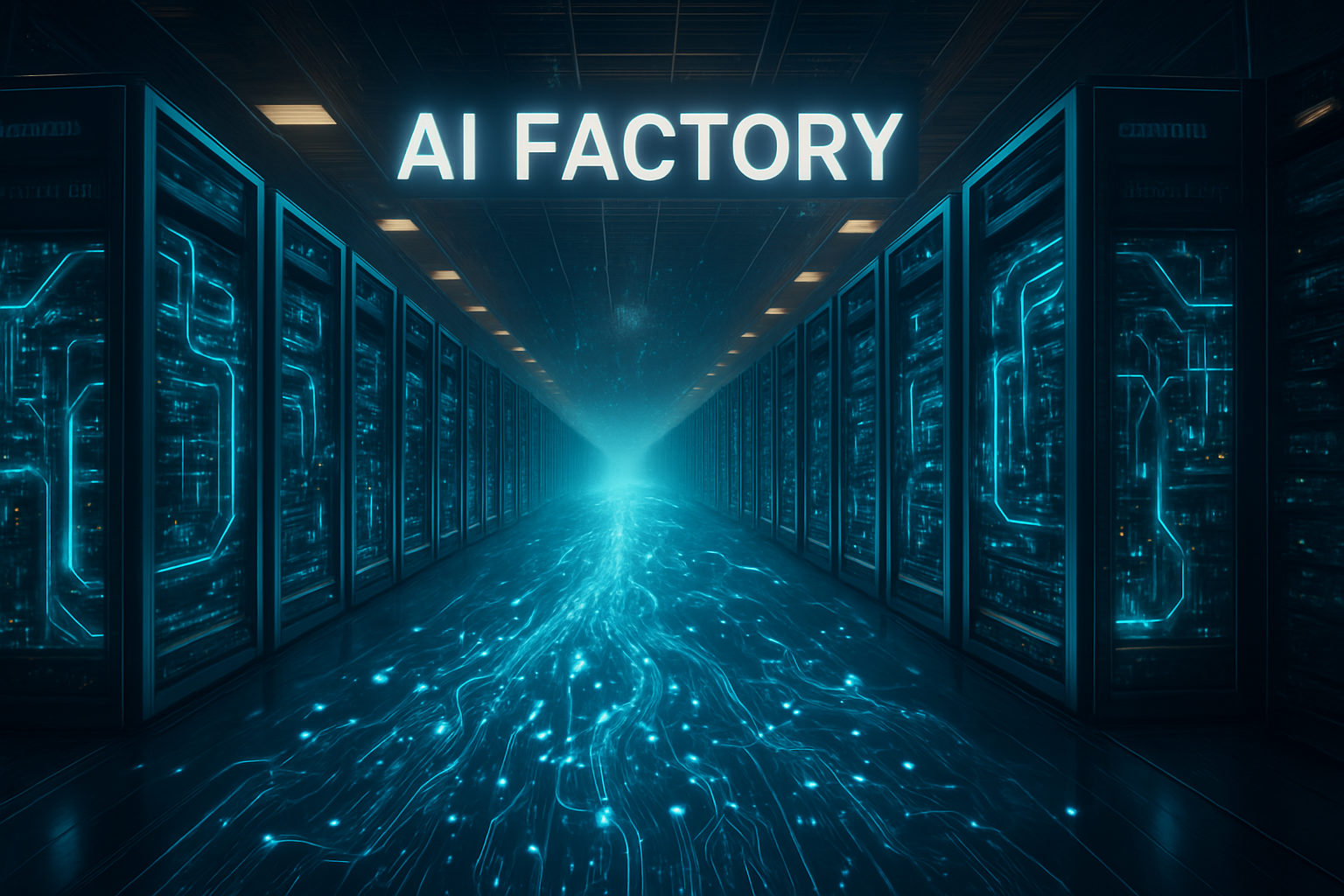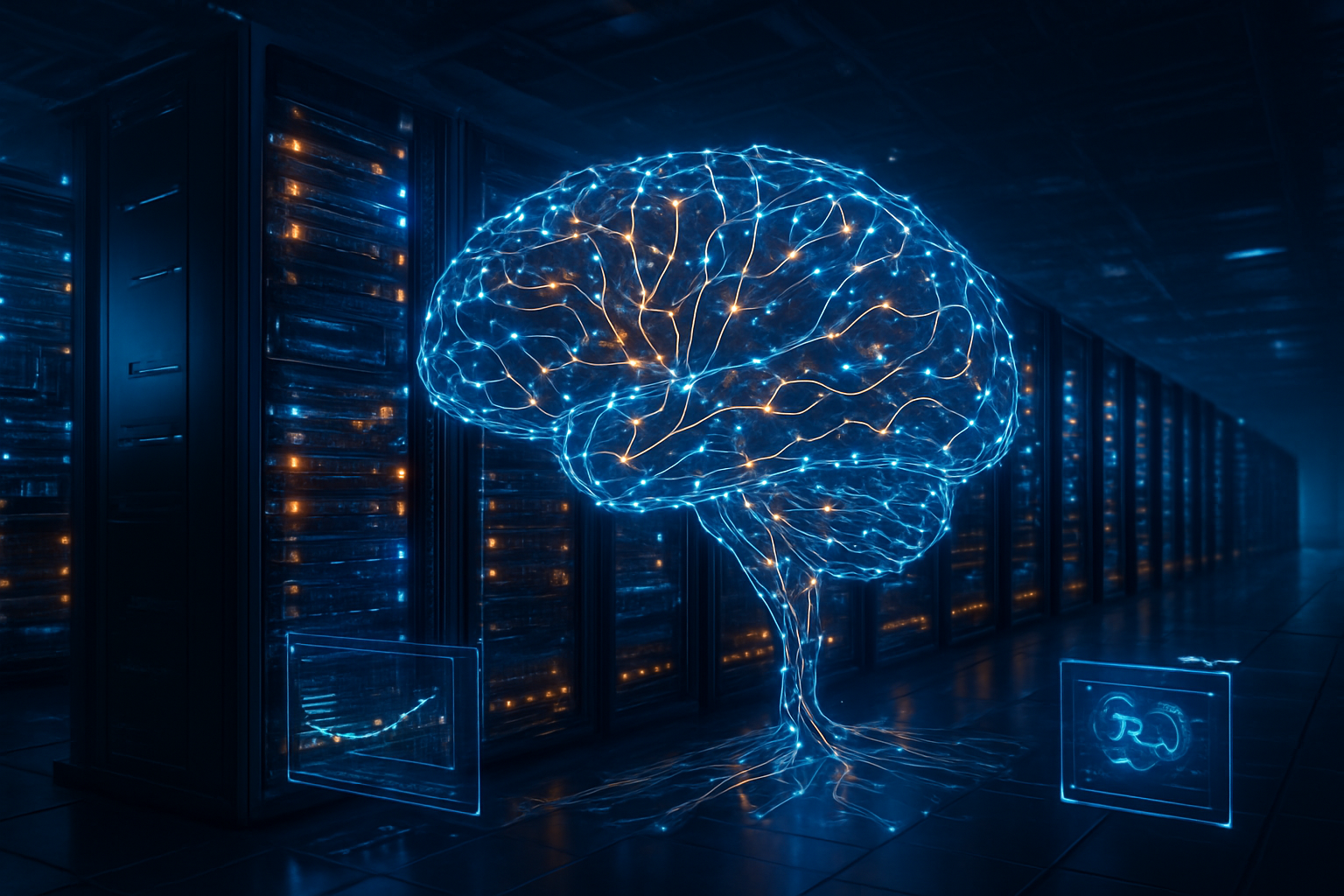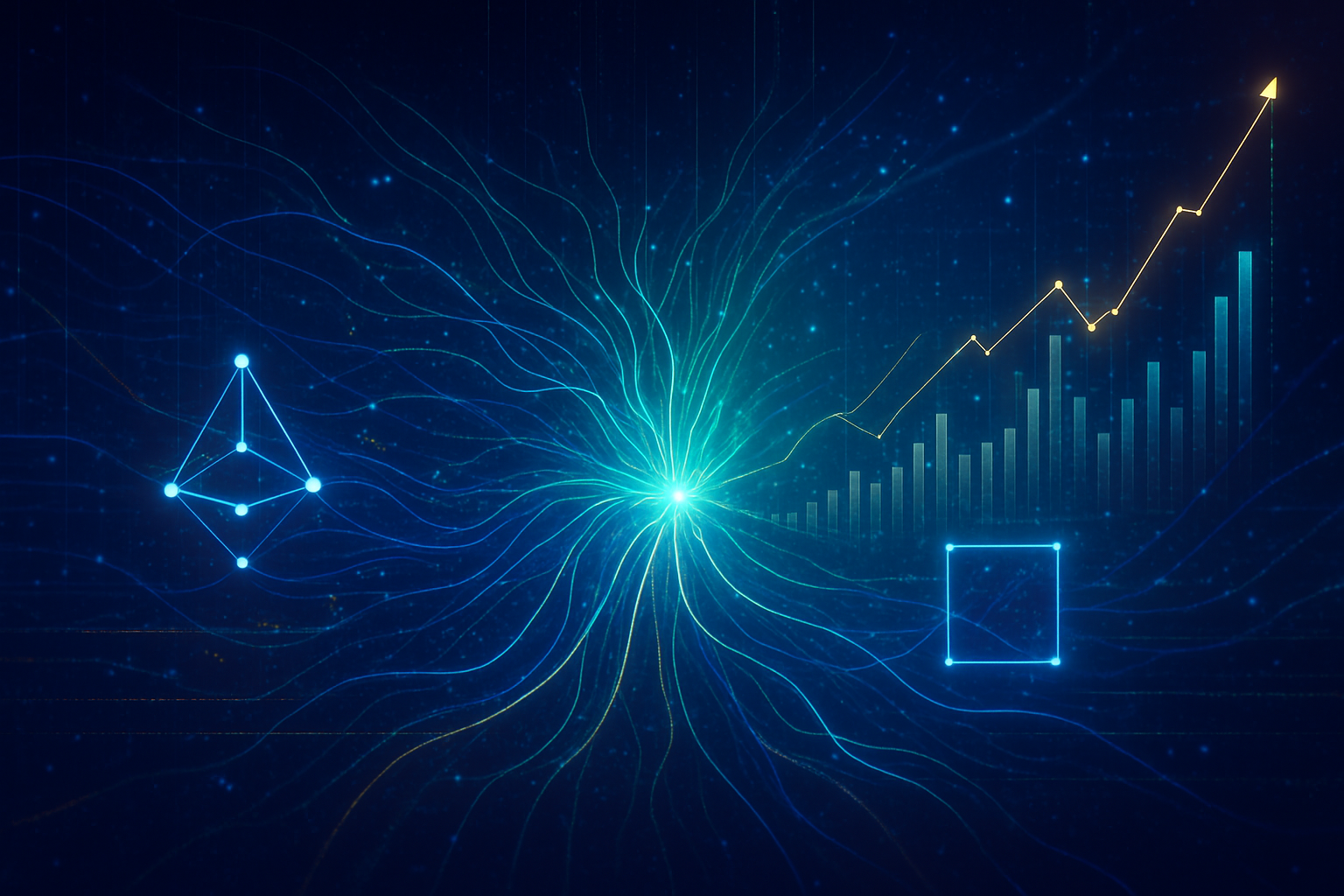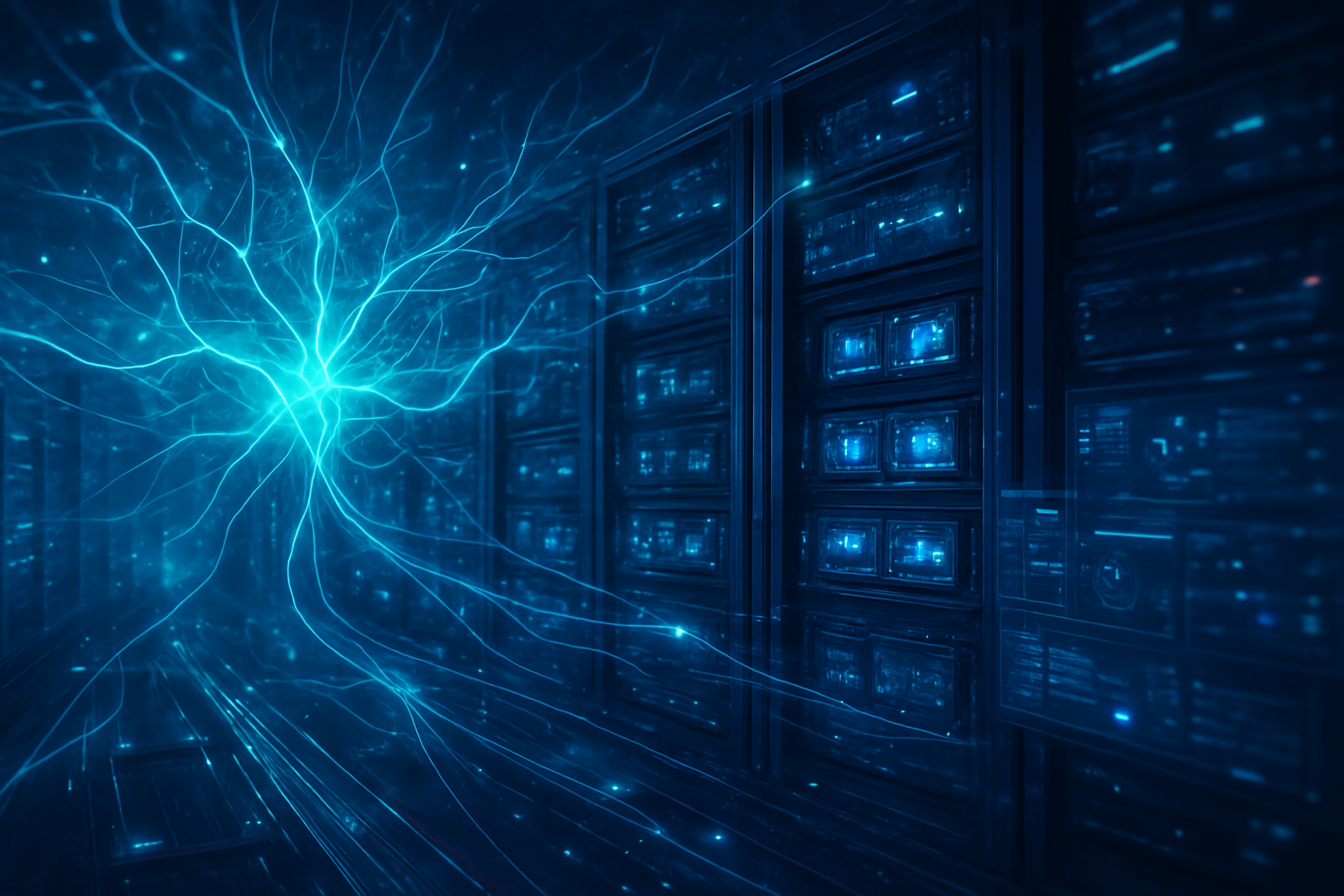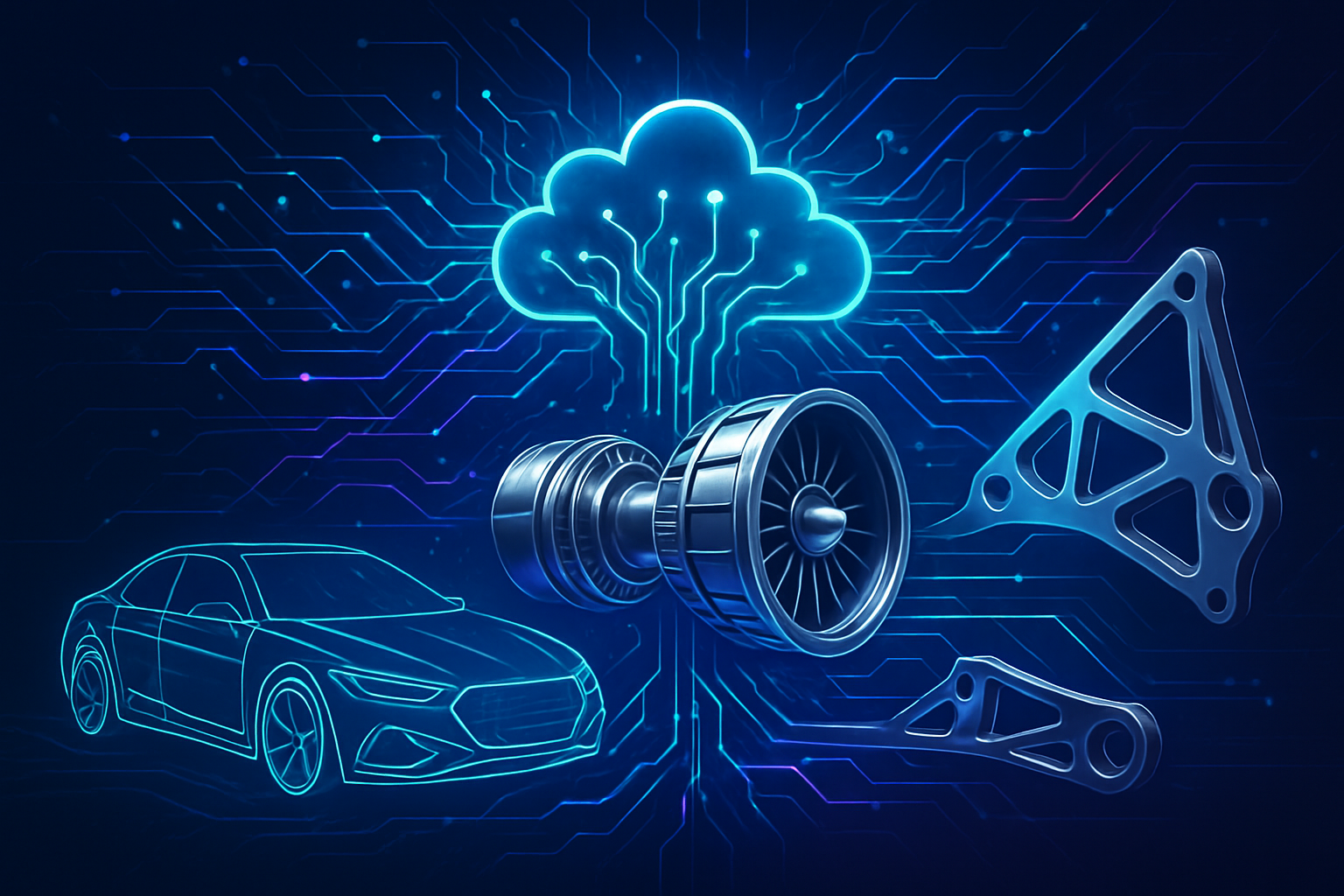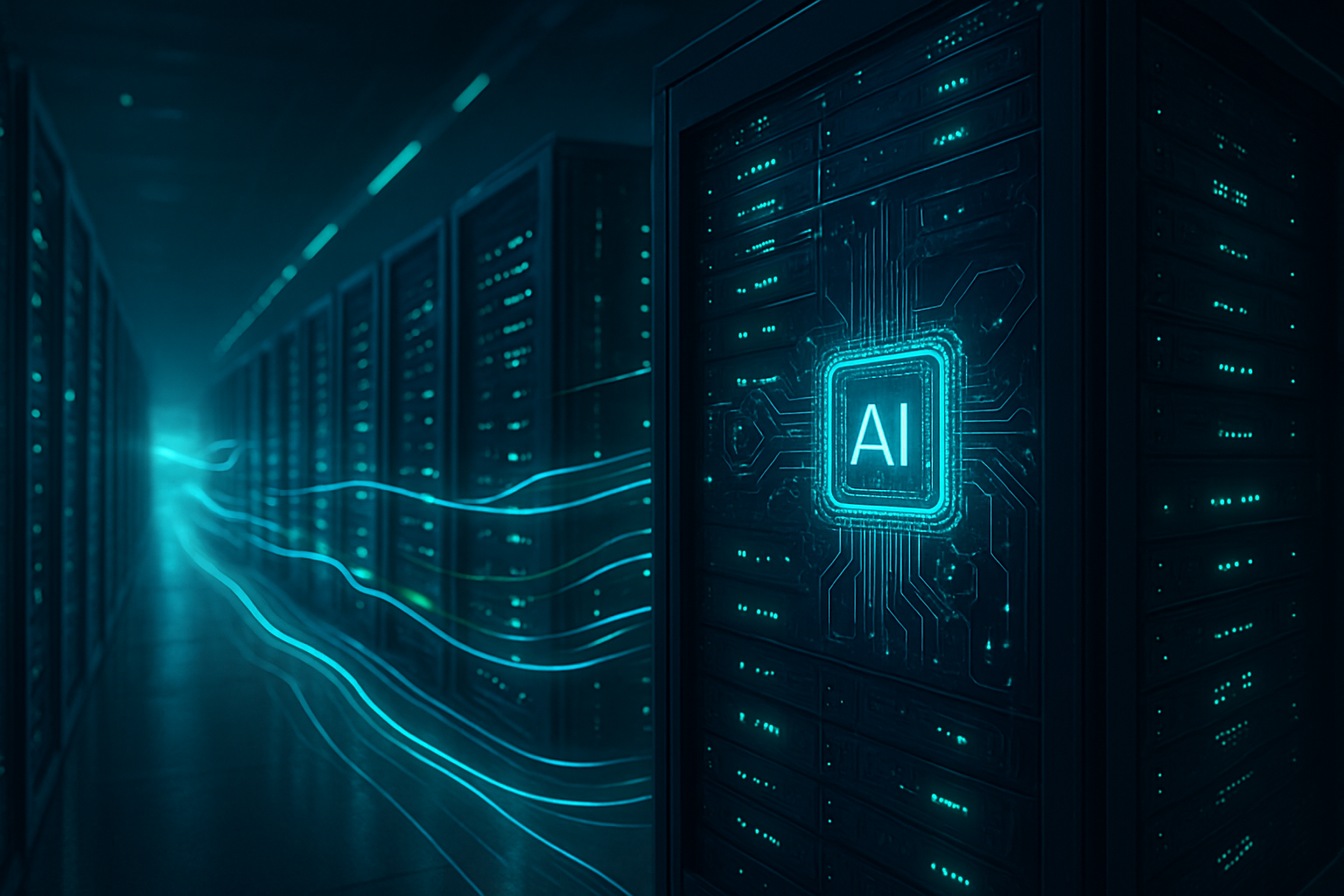The 2026 Consumer Electronics Show (CES) kicked off with a seismic shift in the semiconductor landscape as NVIDIA (NASDAQ:NVDA) CEO Jensen Huang took the stage to unveil the "Vera Rubin" architecture. Named after the legendary astronomer who provided evidence for the existence of dark matter, the platform is designed to illuminate the next frontier of artificial intelligence: a world where inference is nearly free and AI "factories" drive a new industrial revolution. This announcement marks a critical turning point as the industry shifts from the "training era," characterized by massive compute clusters, to the "deployment era," where trillions of autonomous agents will require efficient, real-time reasoning.
The centerpiece of the announcement was a staggering 10x reduction in inference costs compared to the previous Blackwell generation. By drastically lowering the barrier to entry for running sophisticated Mixture-of-Experts (MoE) models and large-scale reasoning agents, NVIDIA is positioning Vera Rubin not just as a hardware update, but as the foundational infrastructure for what Huang calls the "AI Industrial Revolution." With immediate backing from hyperscale partners like Microsoft (NASDAQ:MSFT) and specialized cloud providers like CoreWeave, the Vera Rubin platform is set to redefine the economics of intelligence.
The Technical Backbone: R100 GPUs and the 'Olympus' Vera CPU
The Vera Rubin architecture represents a departure from incremental gains, moving toward an "extreme codesign" philosophy that integrates six distinct chips into a unified supercomputer. At the heart of the system is the R100 GPU, manufactured on TSMC’s (NYSE:TSM) advanced 3nm (N3P) process. Boasting 336 billion transistors—a 1.6x density increase over Blackwell—the R100 is paired with the first-ever implementation of HBM4 memory. This allows for a massive 22 TB/s of memory bandwidth per chip, nearly tripling the throughput of previous generations and solving the "memory wall" that has long plagued high-performance computing.
Complementing the GPU is the "Vera" CPU, featuring 88 custom-designed "Olympus" cores. These cores utilize "spatial multi-threading" to handle 176 simultaneous threads, delivering a 2x performance leap over the Grace CPU. The platform also introduces NVLink 6, an interconnect capable of 3.6 TB/s of bi-directional bandwidth, which enables the Vera Rubin NVL72 rack to function as a single, massive logical GPU. Perhaps the most innovative technical addition is the Inference Context Memory Storage (ICMS), powered by the new BlueField-4 DPU. This creates a dedicated storage tier for "KV cache," allowing AI agents to maintain long-term memory and reason across massive contexts without being throttled by on-chip GPU memory limits.
Strategic Impact: Fortifying the AI Ecosystem
The arrival of Vera Rubin cements NVIDIA’s dominance in the AI hardware market while deepening its ties with major cloud infrastructure players. Microsoft (NASDAQ:MSFT) Azure has already committed to being one of the first to deploy Vera Rubin systems within its upcoming "Fairwater" AI superfactories located in Wisconsin and Atlanta. These sites are being custom-engineered to handle the extreme power density and 100% liquid-cooling requirements of the NVL72 racks. For Microsoft, this provides a strategic advantage in hosting the next generation of OpenAI’s models, which are expected to rely heavily on the Rubin architecture's increased FP4 compute power.
Specialized cloud provider CoreWeave is also positioned as a "first-mover" partner, with plans to integrate Rubin systems into its fleet by the second half of 2026. This move allows CoreWeave to maintain its edge as a high-performance alternative to traditional hyperscalers, offering developers direct access to the most efficient inference hardware available. The 10x reduction in token costs poses a significant challenge to competitors like AMD (NASDAQ:AMD) and Intel (NASDAQ:INTC), who must now race to match NVIDIA’s efficiency gains or risk being relegated to niche or budget-oriented segments of the market.
Wider Significance: The Shift to Physical AI and Agentic Reasoning
The theme of the "AI Industrial Revolution" signals a broader shift in how technology interacts with the physical world. NVIDIA is moving beyond chatbots and image generators toward "Physical AI"—autonomous systems that can perceive, reason, and act within industrial environments. Through an expanded partnership with Siemens (XETRA:SIE), NVIDIA is integrating the Rubin ecosystem into an "Industrial AI Operating System," allowing digital twins and robotics to automate complex workflows in manufacturing and energy sectors.
This development also addresses the burgeoning "energy crisis" associated with AI scaling. By achieving a 5x improvement in power efficiency per token, the Vera Rubin architecture offers a path toward sustainable growth for data centers. It challenges the existing scaling laws, suggesting that intelligence can be "manufactured" more efficiently by optimizing inference rather than just throwing more raw power at training. This marks a shift from the era of "brute force" scaling to one of "intelligent efficiency," where the focus is on the quality of reasoning and the cost of deployment.
Future Outlook: The Road to 2027 and Beyond
Looking ahead, the Vera Rubin platform is expected to undergo an "Ultra" refresh in early 2027, potentially featuring up to 512GB of HBM4 memory. This will further enable the deployment of "World Models"—AI that can simulate physical reality with high fidelity for use in autonomous driving and scientific discovery. Experts predict that the next major challenge will be the networking infrastructure required to connect these "AI Factories" across global regions, an area where NVIDIA’s Spectrum-X Ethernet Photonics will play a crucial role.
The focus will also shift toward "Sovereign AI," where nations build their own domestic Rubin-powered superclusters to ensure data privacy and technological independence. As the hardware becomes more efficient, the primary bottleneck may move from compute power to high-quality data and the refinement of agentic reasoning algorithms. We can expect to see a surge in startups focused on "Agentic Orchestration," building software layers that sit on top of Rubin’s ICMS to manage thousands of autonomous AI workers.
Conclusion: A Milestone in Computing History
The unveiling of the Vera Rubin architecture at CES 2026 represents more than just a new generation of chips; it is the infrastructure for a new era of global productivity. By delivering a 10x reduction in inference costs, NVIDIA has effectively democratized advanced AI reasoning, making it feasible for every business to integrate autonomous agents into their daily operations. The transition to a yearly product release cadence signals that the pace of AI innovation is not slowing down, but rather entering a state of perpetual acceleration.
As we look toward the coming months, the focus will be on the successful deployment of the first Rubin-powered "AI Factories" by Microsoft and CoreWeave. The success of these sites will serve as the blueprint for the next decade of industrial growth. For the tech industry and society at large, the "Vera Rubin" era promises to be one where AI is no longer a novelty or a tool, but the very engine that powers the modern world.
This content is intended for informational purposes only and represents analysis of current AI developments.
TokenRing AI delivers enterprise-grade solutions for multi-agent AI workflow orchestration, AI-powered development tools, and seamless remote collaboration platforms.
For more information, visit https://www.tokenring.ai/.
